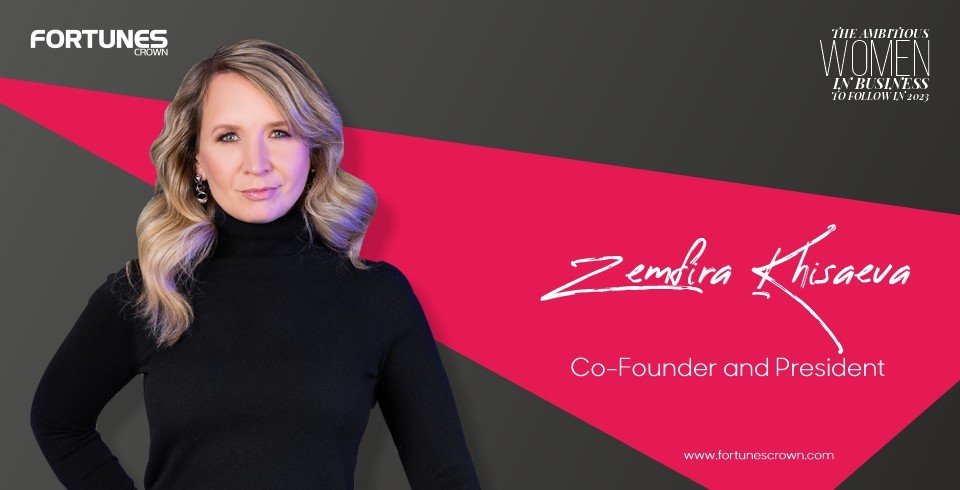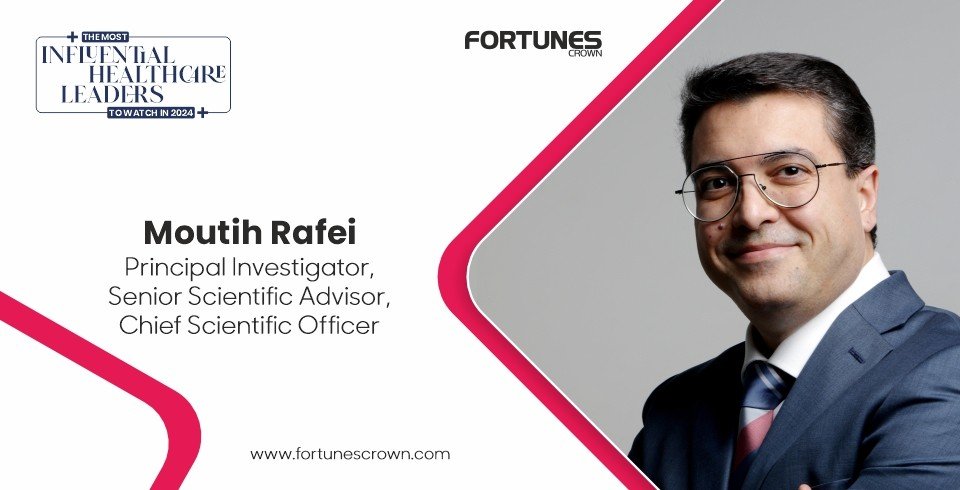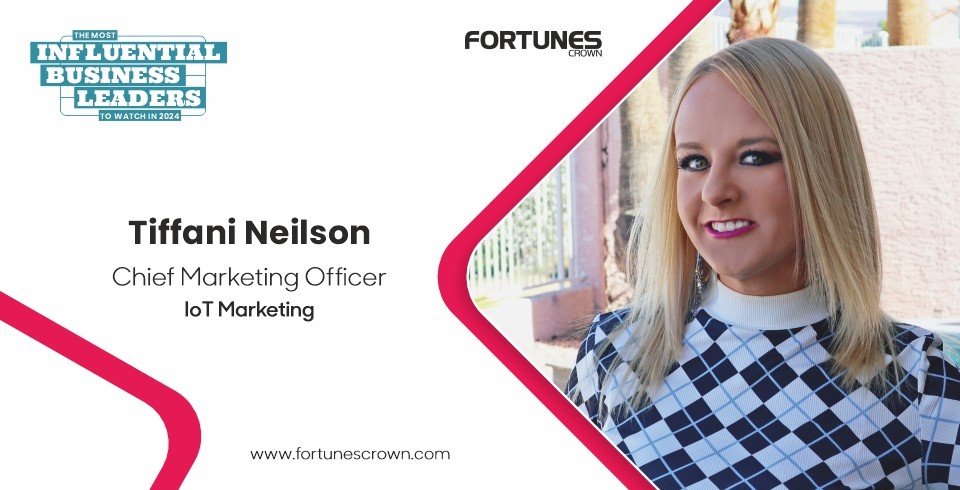Given the variety of career paths that Zemfira Khisaeva has pursued and mastered, her biography reads like a karmic timeline of a dozen separate lives. At the same time, this Russian-born renaissance woman hasn’t merely zipped in and out of careers like a hummingbird. In a short, yet action packed amount of time, she has gathered an impressive collection of skills: from the worlds of academia, to engineering and banking, to strategy and tech. All which have led her to her current role, front and center, ushering in the revolution of Web3 technology at yWhales. She’s spent her short yet action packed life collecting information and skills from the worlds of academia, engineering, banking, strategy and tech—all of which have been leading up to her current role ushering in the revolution of Web3 technology at yWhales.
yWhales story began with a handful of business leaders meeting on Zoom during the COVID shutdown to discuss how decentralized technology like cryptocurrency, blockchain, and NFTs could lead to a new landscape of future commerce. Since its conception to launch, yWhales has grown into a large, multifaceted company with a dream team of experts in tech, business, finance and marketing. While preserving the business community of networking and sharing ideas that started yWhales, since Ms. Khisaeva joined the team as a co-founder and president, the operation has grown to include a Labs division (an R&D operation bringing the dreams of Web3 into reality), a solutions division (shoring up the current blind spots of Web3 adoption) and a Ventures division (investing in the most promising iconoclasts of this coming revolution). With the promise of Web3 reaching out into nearly every avenue of culture and commerce, Ms. Khisaeva has gleefully embraced the chance to use all the skills she’s gleaned over her eclectic life trotting the globe and diving deep into a variety of industries and disciplines. Her itchy curiosity seems to know no bounds, and spending the afternoon with her discussing the adventures and challenges she’s embraced, her passion for life is delightfully infectious.
With such a storied career, I’m fascinated to learn what kind of childhood could’ve spawned such intense curiosity in you.
I’m from Central Russia, about 1,400 kilometers east of Moscow. It is a place of a very conservative culture, a place where a woman is there to take care of the family. It’s very hard to succeed unless you have connections to the elites. It’s not the most progressive place in Russia.
So, as a woman, you weren’t encouraged to be ambitious? How did you wind up on such an ambitious path then?
I’ve always felt like I had a special future. I was raised in a family that had nothing, but they cherished education. My grandma basically raised me, and always had a dream that I would go to university, and she instilled in me a love for learning and relying on yourself to make things happen.
After the collapse of the USSR, my parents lost their jobs and all their money. We were left with nothing. It was not a good place to be. I wanted to find a way out and be successful. I loved physics, math and anything related to logical decision making. I was good in school. I spent my summers volunteering for a university research lab co-authoring my first paper at the age of 18.
The turning point was a trip to the US for a work and travel program for the summer. I ventured into this opportunity even though I didn’t speak English. This experience taught me about different types of values and, most importantly, the possibility for success outside of my home country. I saw education as a way to get out of Russia and chose Canada as the destination of choice.
So how did you get from academia to engineering Russian satellites?
I came to Canada to join a doctorate program at McGill University. When I arrived, I planned to be a professor. I finished my PhD in less than three years, at the intersection of computational mechanics and math. But to be a professor, you must enjoy spending the rest of your life drilling down deep on one small problem, and I didn’t. So, since I’d studied engineering my whole life—and working in aerospace technology was the sexiest realm of engineering—I wound up at MDA Space Missions, an aerospace company with a satellite division. The client for my first project was the Russian Space Communication Company. I was on the Canadian team, but could speak Russian, so I was a good fit.
And then you have yet another major transition from engineering satellites to working in banking. Were you getting restless with engineering?
Well, first I went from engineering to being a research engineer, working for Bombardier, the third largest aircraft manufacturing company in North America. I became a project engineer, working for the head of one of the aircraft divisions, a chief of staff-type of role. The best thing about this job was it got me working in fields outside of engineering, like project management, strategy, team management. The strategy part was particularly fascinating and once my boss said “no” to an opening of manager of strategy role at Bombardier, I knew something had to change.
And so, I left Bombardier and joined McKinsey & Company—the world’s leading strategy management consultancy in the world. It was one of the most grueling experiences of my life. You’re on call 24/7 with up to 16-hour days. But it was one of the most fascinating organizations I’ve been a part of. I wanted to start from scratch, forget anything I have ever learnt in engineering and academia, and rediscover myself following what’s called a “random walk” process being open to work in any industry on any problem as long as I learnt something new about the world, the people in it and myself.
After I felt like I learned everything I could at McKinsey, I started to ask myself: Do I want to be a consultant for the rest of my life? There was hardly a type of problem I haven’t been exposed to, or a place I haven’t traveled to. I didn’t know anything about banking, and so when an offer came in to work for Scotiabank, I knew I wouldn’t get bored, for a few years at least. Of all the industries being disrupted by technology, banking was the biggest, so I thought it would be fascinating to understand this disruption.
What did that disruption look like?
Back when I joined the bank, digitization was the next big thing. We used to talk a lot about data and analytics, AI and cloud. Blockchain technologies were emerging but still early in the adoption cycle.
My role was to help the bank navigate the disruption. But the more I was getting exposed to it and the more I learnt about banking, the more I realized how little these disruptive forces matter inside a large financial institution. Incumbent banks are slow to change. They are designed this way. If competition is not doing it or regulators are not requiring it, nothing really changes. Eventually I realized, if I were to stay in banking, I would be spending the rest of my life helping to preserve the old, while I wanted to go somewhere where I could help build the new, the next big thing.
With your experience being in academia, engineering, strategy and banking, was making the move to the tech world another starting-from-scratch endeavor for you?
Not really, because 80% of my PhD was coding. I was an engineer by trade, so I had a tech background. It’s just that the applications were scientific. When I was working in banking, my role was to build a strategy group, but eventually it evolved to working with the Chief Technology Officer of the bank to help to digitize it. So I spent three years of my career working with computer programmers, technologists, data center engineers, all the tech guys, and helping them to figure out how modernize the bank.
When I joined Scotiabank, we said ‘let’s look at all the disruptive technologies that are currently affecting the industry.’ And that’s when I was introduced to blockchain. To truly understand it we created a blockchain lab within the bank, creating simple applications, to see how it works. Around this time, one of my best friends from McKinsey left the firm and started a Web3 startup, and asked if I was interested in helping him build the digital asset division. It sounded exciting. So, I went to the depths of understanding how bitcoin works, learnt about encryption, and the classic blockchain technology—learning JAVA, and playing with blockchain codes to get hands-on experience in Web3. That is when I had the “ah-ha!” moment of realizing that this technology is going to change the world.
My friend pivoted his company into something else, so that idea never got realized, but in the back of my mind I always had this belief that Web3 is the next frontier, and I should keep an eye on it.
So how did your passion for Web3 wind up materializing into yWhales?
Well, COVID reset a lot of things in all of our lives. It was kind of the best and worst thing that happened to many of us. It gave me an opportunity to reset and ask a question: What really matters? What do I want to be known for over the next ten years? When I went on maternity leave with my newborn during that time, I promised myself that I will take this time to find my true passion and follow the call to adventure of my own hero journey.
So, I opened myself up to all new possibilities, and one of them was learning more about Web3. I became a member of YPO [Young Presidents’ Organization], and someone suggested I join yWhales—which at the time was just a private community that was dedicated to exchanging ideas and learning about Web3. So, I joined one of their Zoom calls. It was fascinating how much the industry has moved since I last coded a blockchain. New Web3 applications in finance, marketing, organizational management, logistics were emerging almost daily. It felt like the Wild West, and I wanted to understand it.
It was there I met Jay [Steinback, yWhales founder and CEO], and told him I was looking for my next big thing, and he was in the same place. It was about six months before we finally launched the company.
While there are four cornerstones of yWhales—Community, Solutions, Labs and Ventures—would you agree that the concept of it was born out of those Zoom sessions where the leaders of business and technology are brought together to dream up new ways of utilizing Web3 in various industries?
Yes, you could say that. It started with the community, and within that we saw many amazing ideas and deals. We initially wanted to launch a venture fund, but then we saw that many of our members were struggling to understand how to use Web3 technologies in their traditional businesses, which was how the idea of Solutions came in, the advisory consultancy. So we made that a separate division.
We’ve talked a lot about the past, let’s switch to the future. What are you really excited about on the horizon for yWhales and Web3 capabilities in business?
There’s a lot of talk about what the “next big thing” will be in tech, which is always a fascinating conversation to be a part of. Metaverse is very exciting. But what I’m most intrigued by is digitization of real-world assets and securities on blockchain. TradFi institutions need to be onboarded to Web3 in a way that provides all the benefits of Web3 while simultaneously preserving all the features valued by the customers and required by the regulators. So we’ve been contemplating creating a separate division focused on digitization of real-world assets and securities using blockchain technology.
Having been the only woman in the boardroom so often in your previous careers, do you feel that the tech world is more welcoming to women?
I’m not sure. Where I was coming from before, the problem was more societal. For instance, when I was 23, I was defending my thesis in Russia, and I was standing before 24 men, all professors who’d flown in from different parts of the country to decide whether I deserve my degree. They voted that I did, but at the end during the cocktail hour one of them said “you know, I voted for you, but all I could think of is ‘what is this beautiful woman doing here, talking about science, when she should be at home, raising kids and starting a family.’ That’s the way that society operates.
Your question isn’t a societal question but one of industry. Working in tech, I never felt like I was marginalized, or discriminated against, or treated differently because I was a female.
When we talk about the Web3 field in general, there is a sort of respect for everyone. In Web3, data and social platforms are co-related and co-dependent. Creators and innovators in general are treated with a level of professionalism. As of late, the Web3 industry has seen multiple women professionals taking part in the field.
Interestingly, 27% of female Web3 professionals have been involved in starting Web3-related projects or businesses. yWhales can also be counted in these businesses- proudly have formed a community of progressive professionals. As a company, our founding members, board members, and employees lead with ethics and experience. While we deal with the world’s top strategy consulting firms, we lead with the example and determination that is supported by the incredible Web3 industry.
At the beginning of your story, you are really in survival mode and just trying to get out of Russia. Throughout the rest of your journey, you’re full of words like “curious,” “exciting,” “fascinating,” or, in contrast, “boring.” When did your motivation switch from survival to passion?
It was when I came to Canada. I had such a blast at that time, and still do. There have been ups and downs, but I was never truly unhappy. I was always excited by my work, and when that started to fade, I was looking for the next exciting opportunity. The biggest transition for me was moving away from the blueprint that was instilled in me—to be successful, have a house, a family, security, power—to asking myself what really matters to me. It was a kind of identity crisis, where you ask yourself: So, you have all the power and security in the world, so what? And then there’s a journey to figure out the “so what,” and that was to be a part of something that is creating a positive change in the world, something that helps the people I care about. And I want my children to be proud of me. I want to work on creating their future, rather than the present of my own life.




